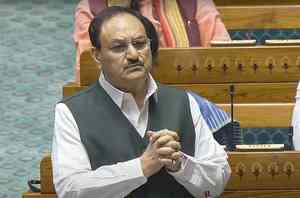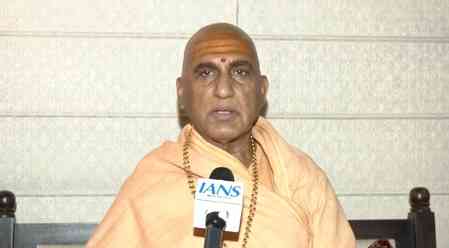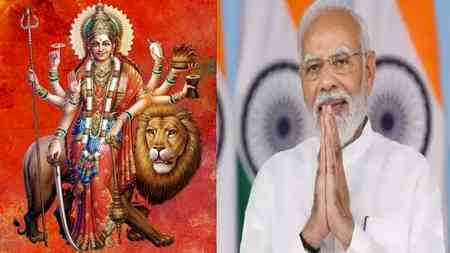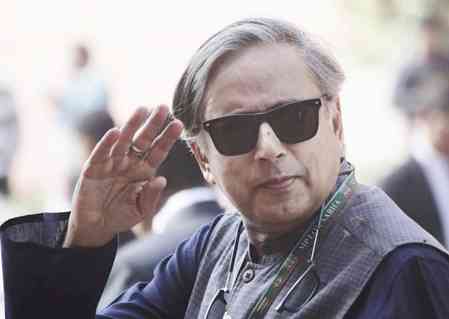Number of medical colleges in India rose to 731 from 387 in 2014: JP Nadda
Noting that the NDA government has strengthened health infrastructure in India, Union Health Minister JP Nadda in Lok Sabha on Monday, said that the number of medical colleges in the country has risen to 731 from 387 in 2014.

New Delhi, Aug 5 (IANS) Noting that the NDA government has strengthened health infrastructure in India, Union Health Minister JP Nadda in Lok Sabha on Monday, said that the number of medical colleges in the country has risen to 731 from 387 in 2014.
He said this during the discussion on demands for grants under the Ministry of Health and Family Welfare for 2024-25.
“There were 387 medical colleges in the country. The number now stands at 731,” Nadda said.
In addition, undergraduate medical seats have also “increased from 51,348 to 1.12 lakh, marking a 118 per cent rise, while postgraduate seats have grown by 133 per cent,” the Minister said.
Nadda also described people's health as the priority of the Narendra Modi government and claimed that under the leadership of PM Modi, the world's largest health scheme is being run in India. He added that “the allocation of the health budget has also increased by 164 per cent.”
“The health budget in the year 2013-14 was Rs 33,278 crore, today that budget has been increased to Rs 90,958 crore,” Nadda said.
He further noted that “before the first NDA government (Atal Bihari Vajpayee government), there was just one AIIMS in the country, during the Atal Bihari Vajpayee-led government, six AIIMS were opened.
“In the last 10 years of the Modi government, 22 AIIMS have been approved”. Of these 18 are operational and four are under construction, the Health Minister informed the Parliament.
The Union Minister said that under the Ayushman Bharat Scheme, “about 12 crore families, that is more than 55 crore people, have been provided free treatment facilities up to Rs 5 lakh. And 1.73 lakh Ayushman Arogya Mandirs have been established”.
Nadda said that the scheme, which provides free medicines and other health-related facilities including testing’ has also “reduced out-of-pocket expenditure from 62 per cent to 47.1 per cent” in the country.


 IANS
IANS 








